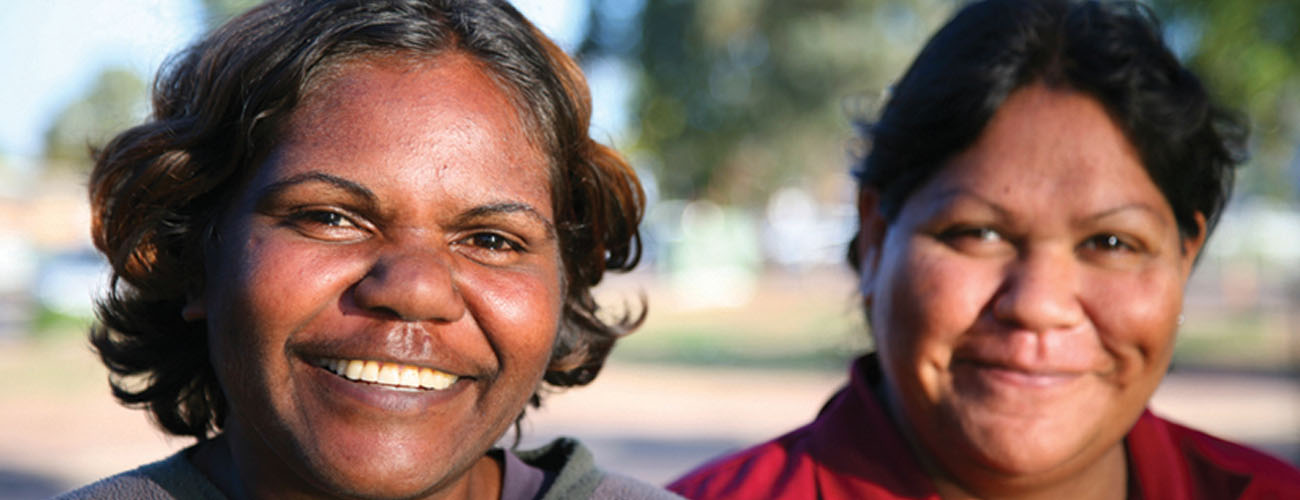3 March 2022
Currently, the target to close the gap in life expectancy between Aboriginal and non-Aboriginal Australians by 2031 is not on track[1]. Nationally, non-Aboriginal children are expected to live an average of 8.6 and 7.8 years longer than Aboriginal children[2].
Figures from 2019 show that 3 in 10 Aboriginal Australians who needed support from a provider did not access help[3]. The main barriers to accessing services include cost, long wait times, and a lack of available services.
There is significant work to be done to close the gap in health inequality.
Does your practice provide culturally appropriate services to Aboriginal and Torres Strait Islander people?
Western Sydney has one of the largest urban Aboriginal and Torres Strait Islander populations in the nation, and improving Aboriginal health is a health priority for our region. We commission culturally appropriate health services to support our Aboriginal community and provide resources and training to help health professionals provide quality care to patients.
Helping patients access community care
The following services are funded by the Western Sydney Primary Health Network and are accessible for all Aboriginal Australians. These services are provided within the community by Aboriginal people:
- Western Sydney Integrated Team Care (ITC) offers chronic disease care coordination and support
- Baabayn Corporation helps clients heal from trauma, develop self-esteem and reconnect to their community
- Marrin Weejali Aboriginal Corporation provides culturally safe alcohol and other drugs (AOD), and non-acute mental health counselling, referral, and advocacy services
- The Shed offers wellbeing activities, social service navigation, and coordination linking clients to housing, legal, family and child, and AOD services
- Too Deadly for Diabetes is a ten-week program supporting those with, or at risk of, type 2 diabetes. Patients can be referred through Marrin Weejali
- The Burbaga Burawa health challenge encourages healthy eating and lifestyle change
- Aboriginal Counselling Services deliver intervention services to Aboriginal people in a sensitive way and appropriate based on the individual’s circumstances
Accessing resources for your practice
WentWest’s Aboriginal Health Cultural Liaison Coordinator, Rita McKenzie, has been providing cultural training and support to health professionals since 2011. Rita and the rest of the WentWest Practice Development Team can support you with:
- Health care pathways for Aboriginal and Torres Strait Islander patients
- Facilitation of in-depth Aboriginal Cultural Awareness Training tailored to primary care
- Auditing your patients and recalling those due for their 715 Health Check
- The Practice Incentive Program (PIP) on Indigenous Health
- Support referring patients to Aboriginal services and organisations
- Registration advice to increase the number of Aboriginal patients
- Resources and collateral such as identification posters
- Building multi-sector partnerships to create cohesive care plans for Aboriginal community members across sectors
Speak with a WentWest Practice Development Team member to find out about additional resources available to help you close the gap in your practice.
[1] https://ctgreport.niaa.gov.au/content/closing-gap-2020
[2] https://www.pc.gov.au/closing-the-gap-data/dashboard/socioeconomic/outcome-area1
[3] https://www.indigenoushpf.gov.au/getmedia/f61f0a50-f749-4045-b58f-b2c358db2c6b/2020-summary-ihpf-2.pdf?ext=.pdf
